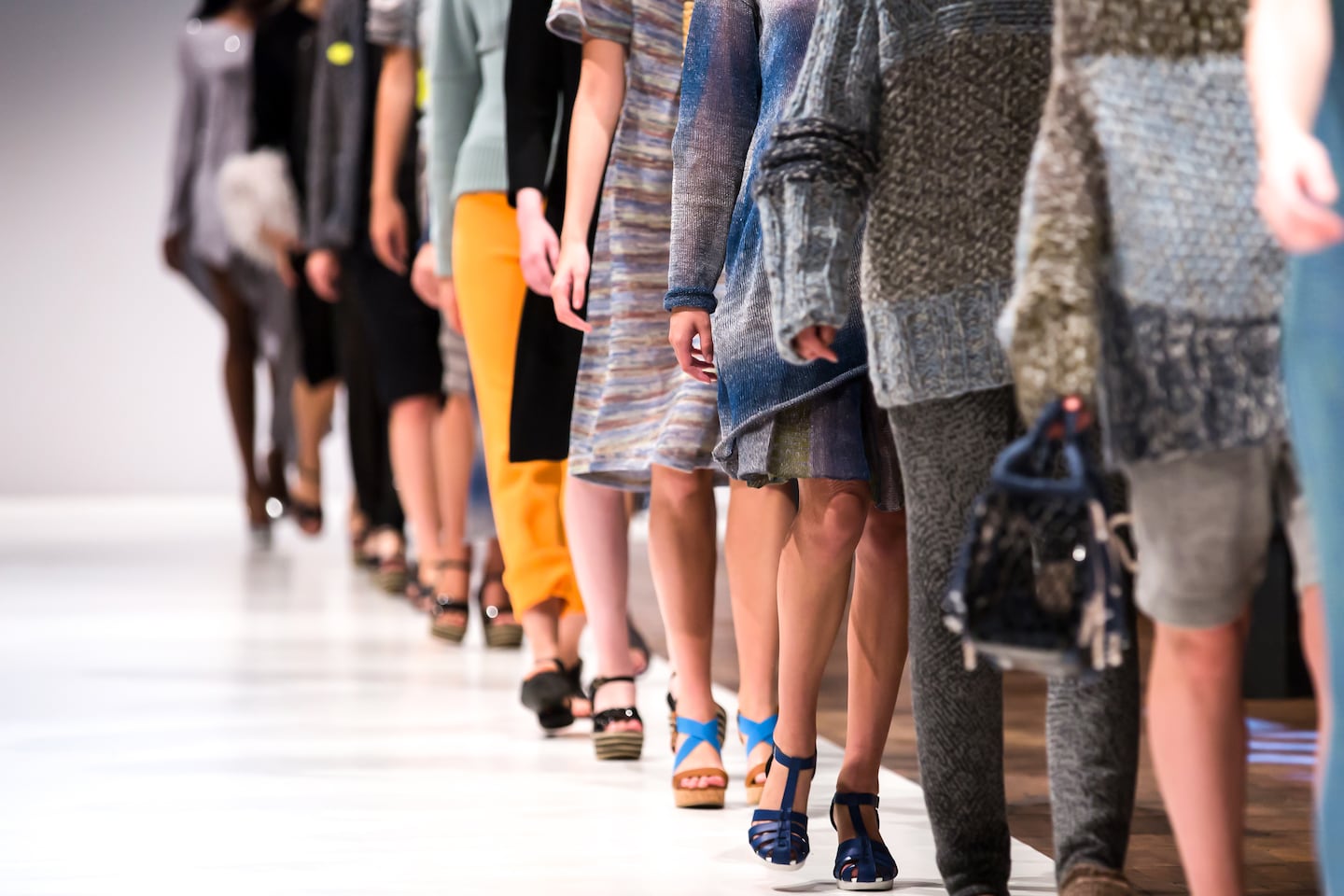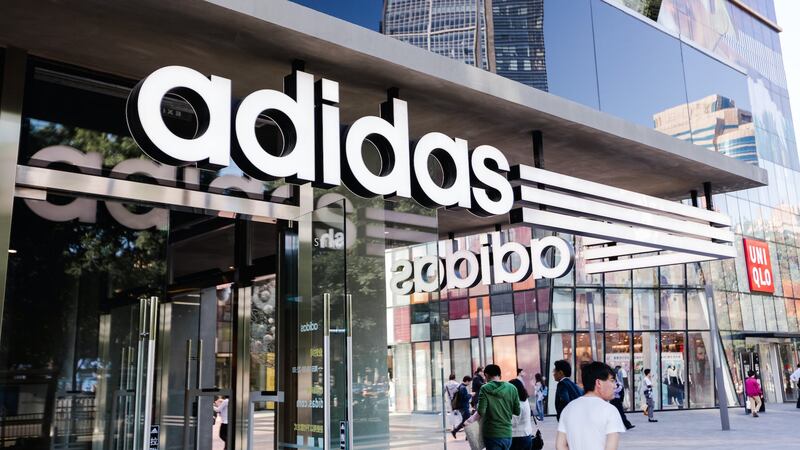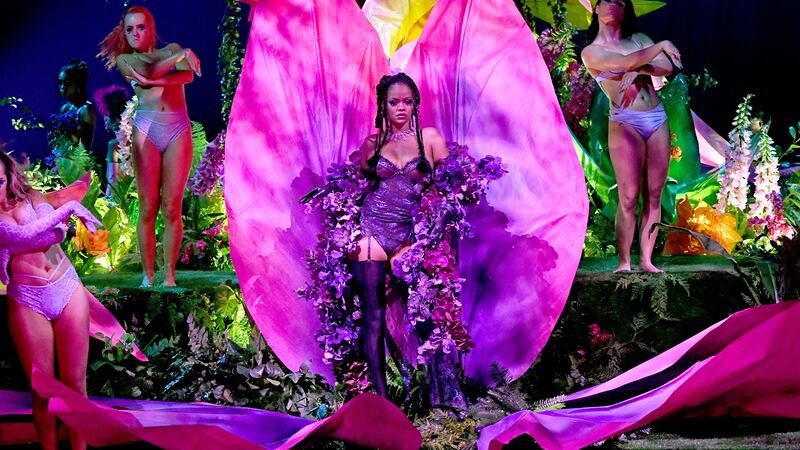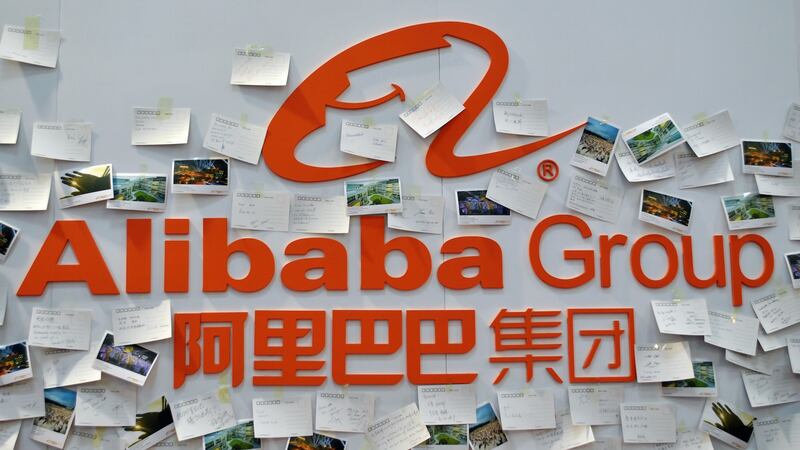
The Business of Fashion
Agenda-setting intelligence, analysis and advice for the global fashion community.

Agenda-setting intelligence, analysis and advice for the global fashion community.

When guests arrived at Paris’ Musée Rodin for Dior’s couture show last month, they were required to have negative Covid-19 PCR tests to gain entry. At New York Fashion Week in September, they will need proof they are fully vaccinated.
Nearly eighteen months into the pandemic, new variants, destabilising outbreaks and vaccine hesitation are fuelling an atmosphere of uncertainty, even as many major consumer markets continue to open up.
China, which swiftly tackled the virus last year, is now seeing renewed concern and restrictions. At least 46 cities are recommending residents against travel, prompting GDP downgrades. In France, proof of vaccination will soon be required to enter public spaces like restaurants and shopping centres. American companies like Facebook and Gap Inc. are requiring all employees to be vaccinated to enter corporate-owned spaces.
Experts predict that it is likely that Covid-19, which has now spread to nearly every corner of the globe, will become endemic — that is, it will never be eradicated, and instead, become a seasonal issue the public must deal with, like the common cold or flu. (Though given variance in vaccine access and uptake across countries, the timeline for reaching that point will be staggered across different nations.) However, with vaccinations, which are proven to lessen the virus’s severity and thus, the risk of hospitalisation or death upon catching it, that prospect is not quite as terrifying as it might have been a year ago.
ADVERTISEMENT
How is fashion navigating this new reality?
After the pandemic drastically limited options, a middle ground is emerging in many of fashion’s major markets between full-blown normalcy and a complete shut down. Now, brands and consumers are finding — or at least, attempting — ways to more closely replicate their pre-pandemic experiences, with caveats.
Rather than bringing next month’s New York Fashion Week — set to be the first majority in-person version of the event since February 2020 — online or outright cancelling it, organisers IMG and The Council of Fashion Designers of America (CFDA) will require all attendees to be fully vaccinated. The event’s closing night soiree, the Met Gala, will also require vaccination and will add on a mask mandate. Meanwhile, the CFDA also announced this week that it would host its annual awards ceremony in-person in November, a shift from last year’s virtual event. Milan Fashion Week also announced a return to an in-person event, and is planning to stage 42 physical shows, though there’s no word yet on whether or not attendees will be required to show a ‘Green Pass,’ Italy’s digital certificate available to people with at least one vaccine dose or a negative Covid test within the past 48 hours.
Not everyone is quite so confident: plans around masks or vaccinations have not yet been announced for fashion weeks in London or Paris.
If the past year and a half has taught us anything, it’s that even the most cautious of plans can come crumbling down with little notice. (The New York Auto Show, for example, which was set for later this month, was cancelled this week.) Planning a bigger, in-person event necessitates a backup plan and even a backup plan for that backup plan.
It’s not just the industry events that are going ahead, but shoppers, too, are eager to put the pause of the pandemic behind them. After retail sales fell off a cliff last year, some of fashion’s biggest brands are posting record revenue growth, in many cases topping even pre-pandemic sales figures. Luxury, in particular, has seen a swift recovery. LVMH, Kering, Richemont and Hermès all beat second quarter estimates. LVMH’s fashion division, which accounts for brands like Louis Vuitton and Dior, was a particular standout, growing 120 percent year-on-year and 40 percent over 2019 in the second quarter. And brick and mortar is recapturing consumer attention as e-commerce growth slows down after a runaway year: according to the US Commerce Census Bureau, non-store sales grew just 3.4 percent in July over the prior year.
Of course, the future remains uncertain. New variants may surface, and so-called breakthrough infections of those who are double vaccinated may become more common. Vaccine hesitation, especially in the US, is a hurdle.
Adidas chief financial officer Harm Ohlmeyer said that retailers are still operating in a “volatile environment.” Outbreaks in factories can create a ripple effect down the supply chain: companies like Adidas and Nike are scrambling to manage disruptions caused by outbreaks in suppliers.
ADVERTISEMENT
“Covid is by no means over, supply chain constraints are by no means over,” he told analysts Thursday.
THE NEWS IN BRIEF
FASHION, BUSINESS AND THE ECONOMY

Adidas hikes outlook despite hit to China sales. Second quarter sales soared 52 percent to €5.08 billion ($6.01 billion), while operating profit came in at €543 million, beating analysts’ average forecasts. The German sportswear company said its confidence was underlined by planned product launches, as well as the return of sporting events like the Olympics.
Under Armour boosts forecasts as athletic apparel revenue more than doubles. The company’s quarterly results topped estimates on strong demand for athletic apparel and footwear, while customers return to gyms as restrictions ease. The company also said it expects 2021 revenue to rise by a low-20s percentage, compared with a previous outlook of a high-teen percentage increase.
Ralph Lauren beats revenue estimates on luxury rebound. The New York-based label’s net revenue rose nearly threefold from a year earlier to $1.38 billion in the quarter ended June 26. It expects fiscal 2022 revenue to rise 25 to 30 percent on a 53-week reported basis.
Levi Strauss & Co. to buy Beyond Yoga. The American denim company expects the all-cash transaction to add more than $100 million to its net revenue by the end of next year. It plans to expand the mostly digital, size-inclusive Beyond Yoga to a wider and more global audience. Beyond Yoga co-founder Michelle Wahler will continue on as chief executive of the brand and report to LS&Co president and chief executive Chip Bergh. Beyond Yoga will operate as a standalone division within the company.
Wolverine Worldwide acquires Sweaty Betty for $410 million. The Michigan-based footwear group is acquiring the British activewear brand from investors, including LVMH-backed private equity firm L Catterton. The deal marks an expansion into apparel and direct-to-consumer business for the group, known for its wholesale-dependent footwear brands.
ADVERTISEMENT
Zalando spends more on marketing as lockdowns ease. Europe’s biggest fashion e-commerce player still expects sales to grow as much as 31 precent this year, but it is having to work harder to keep customers shopping online as stores have reopened. Second quarter sales came in at €2.73 billion ($3.24 billion) and adjusted operating profit at €184.1 million ($218 million), both in line with average analyst forecasts.
Hugo Boss aims to double sales to $4.75 billion by 2025. The German fashion house also set targets to improve its operating profit margin to 12 percent of sales by 2025. The label reported a rebound in sales in the second quarter, particularly in Britain and China. Chief executive Daniel Grieder said he wants to make Hugo Boss one of the world’s top 100 global brands, and is set to spend more than €100 million ($118 million) on marketing between now and 2025.
Foot Locker to buy two retailers for $1.1 billion. The company is buying California-based WSS for $750 million and Japanese streetwear retailer Atmos for $360 million, it said in separate statements, in a bid to expand its business in Asia. Foot Locker also said it will look beyond malls as foot traffic has been pressured by Covid-19 restrictions, while online shopping has surged.
The CFDA Fashion Awards to return as an in-person event in November. The event, which took place digitally last year and is normally held in early summer, will return on November 10, the Council of Fashion Designers of America (CFDA) said. It will take place in the Seagram Building on Park Avenue and will be held in accordance with the health guidelines at the time.
Harvey Nichols partners with Reflaunt to launch a resale service. The British department store said it is partnering with the resale technology provider to help customers purchase and sell pre-owned clothing, accessories and watches. The service will launch online and in stores in the UK from August 26 and in other markets in September.
THE BUSINESS OF BEAUTY

The Hut Group buys Cult Beauty for £275 million. The British e-commerce group said on Wednesday it had agreed to acquire the digital beauty retailer from private shareholders, including Net-a-Porter co-founder Mark Quinn-Newall and Cult Beauty co-founder Alexia Inge. The deal is the latest sign of consolidation in the UK’s sizeable prestige beauty market.
K-Beauty giant Amorepacific sees second quarter net profits rise 2,680 percent. The beauty giant surpassed market estimates as its second quarter net profit totalled 142.8 billion won ($127.5 million), a huge turnaround from the same quarter last year. The extraordinary gain was largely due to sales of overseas real estate properties, the specific locations of which were not disclosed.
Shiseido launches a beauty innovations fund in China. The beauty company’s China subsidiary is partnering with asset management firm Boyu Capital to seek out investment opportunities in emerging cosmetics and wellness brands, as well as related technology companies like e-commerce services. The fund will be jointly managed by Boyu and Shiseido and is scheduled to start operating this year.
Nykaa files to go public as Indian start-ups surge. The e-commerce start-up for beauty products is seeking a valuation of $4 billion, according to Bloomberg reports. Its preliminary filing indicates the company plans to raise as much as 5.25 billion rupees ($70.6 million) by selling new equity in the offering. Existing shareholders will also sell as many as 43.1 million shares.
PEOPLE

Rihanna is now worth $1.7 billion, thanks to Fenty Beauty and Savage lines. The musician-turned-entrepreneur’s lingerie line, Savage x Fenty, is worth some $270 million, while her Fenty Beauty line is worth about $2.8 billion, Forbes estimated. A 50 percent stake in the LVMH-backed makeup line has been the biggest contributor to the star’s fortune, according to Forbes.
Former Hermès CEO Patrick Thomas to join Richemont’s board. Thomas and environmental, social and governance advisor Jasmine Whitbread will be proposed as new non-executive directors at the Swiss luxury group’s annual meeting on September 8. The move comes after Richemont announced last month the chief executives of its Cartier and Van Cleef & Arpels brands would leave its governing body to focus on running their respective units.
SMCP CEO departs for Design Holding. Canadian fashion executive Daniel Lalonde has left Paris-based contemporary fashion group SMCP, parent of Sandro, Maje, Claudie Pierlot, where he served as chief executive for eight years. Isabelle Guichot, a former Kering executive who was tapped by SMCP to helm its Maje unit in 2017, will take over his post, effective immediately.
GQ Italia’s Giovanni Audiffredi is the latest Condé Nast editor to step down. Audiffredi made the announcement on Instagram, posting his last editor’s letter for the magazine, and said he will depart the publisher at the end of August. The men’s fashion title is now led globally by US GQ editor Will Welch, as Condé Nast implements its global consolidation strategy.
MEDIA AND TECHNOLOGY

Alibaba’s quarterly revenue jumps 34 percent. The rise was aided by growth at its cloud computing and e-commerce businesses. Ant Group, the fintech affiliate of Alibaba Group, recorded a quarterly profit of about 13.48 billion yuan for the quarter ended March, according to the Chinese e-commerce giant’s filing.
Hearst’s iCrossing acquires London-based digital agency Mediablaze. Content-marketing firm iCrossing, which has had a minority stake in Mediablaze since 2016, said the deal will bolster its presence in the UK. The financial terms of the acquisition were not disclosed. The move comes amid a period of consolidation and change in Hearst’s magazines division.
YouTube partners with Copenhagen Fashion Week. In its latest bid to further push into the fashion ecosystem, the Google-owned video platform will stream the full schedule of next week’s Spring/Summer 2022 shows on its Live and Fashion and Beauty channels, as well as Copenhagen Fashion Week’s own channel.
Poshmark announces India expansion. The social commerce platform will look to tap into the “massive and growing” Indian market opportunity, founder and chief executive Manish Chandra said. Poshmark’s exploring international ambitions, following a public offering in January. The company took its first steps outside of North America in February by expanding its reach to Australia.
Compiled by Darcey Sergison.
This week, more luxury brands will report first-quarter results, offering clues as to how broad and how deep the downturn is going to get.
Fashion brands are edging in on the world’s largest gathering of design professionals and their wealthy clients, but design companies still dominate the sector, which is ripe for further consolidation, reports Imran Amed.
Blocking the deal would set a new precedent for fashion M&A in the US and leave Capri Holdings in a precarious position as it attempts to turn around its Michael Kors brand.
After preserving his fashion empire’s independence for decades, the 89 year-old designer is taking a more open stance to M&A.